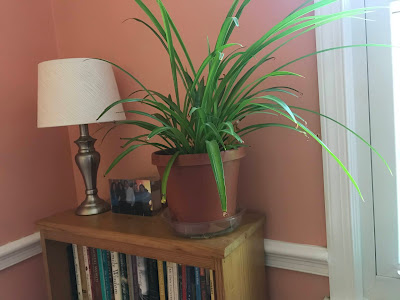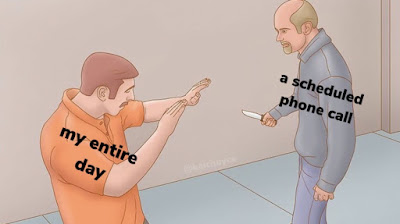I just finished Hilary Mantel’s memoir Giving Up the Ghost, a powerful story of childhood fears, adult sorrows and the writer’s ability to triumph over them by putting pen to paper.
Mantel writes that she has a “nervous sort of nostalgia” for any surface she’s written a book on. “I think the words, for better or worse, have sunk into the grain of the wood.” In Mantel’s case, many words. The Wolf Hall, Bring Up the Bodies and Mirror and the Light trilogy about Lord Cromwell top out at more than 1,500 pages.
In interviews, Mantel says she had the idea to write about Cromwell even before she was published, which means that it was likely on her mind when she wrote her memoir, too. Perhaps when she wrote these words, some of the most evocative I’ve read describing books not yet written:
“Sometimes, at dawn or dusk, I pick out from the gloom — I think I do — a certain figure, traversing the rutted fields in a hushed and pearly light, picking a way among the treacherous rivulets and the concealed ditches. It is a figure shrouded in a cloak, bearing certain bulky objects wrapped in oilcloth, irregular in shape: not heavy but awkward to carry. This figure is me; these shapes, hidden in their wrappings, are books that, God willing, I am going to write.”
Write them she did. In an interview with The Guardian in 2020, Mantel says that as soon as she started writing Wolf Hall, she knew it was what she had been working toward. Starting the trilogy was “like at last delivering what’s within you … an enormous shout from a mountaintop.”
I marvel at such surety. I wonder what it would be like to feel it.
(The Old Library, Trinity College, Dublin)









